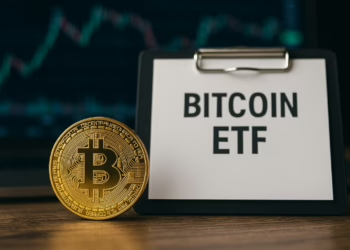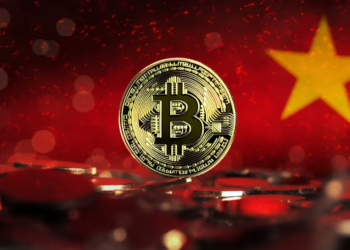Succinct, an AI startup, is making waves with the introduction of its PROVE token—an initiative aimed at transforming the way legal contracts are analyzed and verified.
In a recent blog post, the company explained that the PROVE token is part of a broader strategy to build a protocol powered by zero-knowledge-proof technology designed to speed up and simplify the contract review process. Succinct envisions a decentralized marketplace that connects users needing contract verification with those capable of generating cryptographic proofs.
The Succinct Network Architecture and the $PROVE Token
The network is a marketplace that connects provers and requesters for ZK proof generation, implemented as a high performance verifiable application.
The PROVE token enables payments, secures the network, and incentivizes… pic.twitter.com/IJvHj0jdoL
— Succinct (@SuccinctLabs) May 19, 2025
Central to this vision, the PROVE token will act as a verification service payment mechanism, helping streamline workflows and reduce review times. By leveraging zero-knowledge proofs—a cryptographic method that confirms the accuracy of information without revealing the data itself—users can validate contract details without compromising sensitive information.
Furthermore, Succinct emphasized that PROVE tokens will incentivize network participants who contribute computational resources and perform validation tasks. While the exact details of this incentive model are yet to be released, the token’s role in maintaining and expanding the network is already clear.
The protocol’s ambitions extend well beyond legal contracts. Succinct aims to support various use cases for zero-knowledge proofs, including blockchain validation, cross-chain bridges, and AI-related workloads. In addition, PROVE token holders will have governance rights, allowing them to vote on critical network parameters and help shape the platform’s future.
Meanwhile, another AI startup, Venice—backed by ShapeShift founder Erik Voorhees—is taking a bold step into Web3 by launching its VVV token on Coinbase’s Base layer-2 network. This development marks a strategic move for Venice, which seeks to decentralize access to generative AI technologies. The VVV token introduces a unique approach to interacting with Venice’s AI API, which offers services like text, image, and code generation. Unlike traditional pay-per-request models, Venice allows AI agents to stake VVV tokens, granting them sustained access to the platform’s service.
If you want to read more news articles like this, visit DeFi Planet and follow us on Twitter, LinkedIn, Facebook, Instagram, and CoinMarketCap Community.
“Take control of your crypto portfolio with MARKETS PRO, DeFi Planet’s suite of analytics tools.”




















